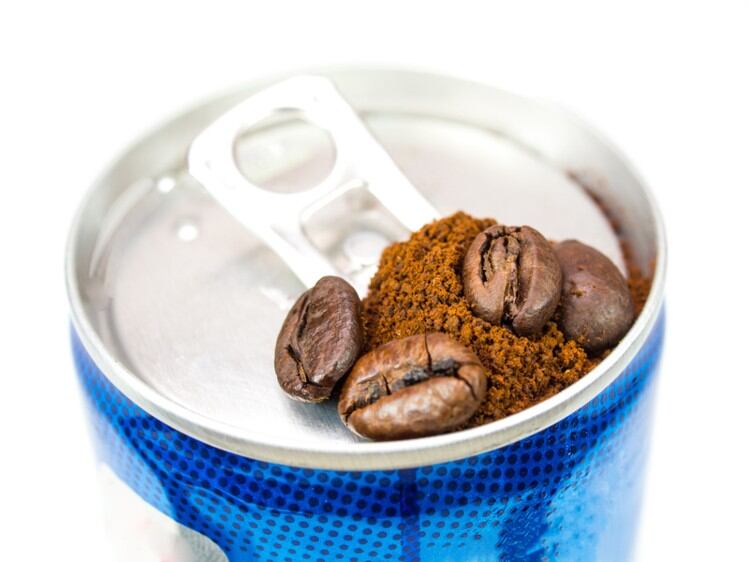The rat study, published in the Journal of Endocrinology, hints at a potential risk for pregnant women who drink a lot of coffee or other foods and supplements that contain high levels of caffeine – such as energy drinks and pre-workout blends.
The study findings indicate that consumption of caffeine equivalent to 2-3 cups of coffee may alter stress and growth hormone levels in a manner that can impair growth and development and increase the risk of liver disease in adulthood.
The Chinese researchers behind the study said that rats given caffeine had offspring with lower birth weights, altered growth and stress hormone levels and impaired liver development.
"Our work suggests that prenatal caffeine is not good for babies and although these findings still need to be confirmed in people, I would recommend that women avoid caffeine during pregnancy,” said study co-author Dr Yinxian Wen
Caffeine in pregnancy
Previous studies have indicated that prenatal caffeine intake of 300 mg/day or more in women, which is approximately 2 to 3 cups coffee per day, can result in lower birth weights of their children, while animal studies have further suggested that prenatal caffeine consumption may have more detrimental long-term effects on liver development with an increased susceptibility to non-alcoholic fatty liver disease, a debilitating condition normally associated with obesity and diabetes.
However, the underlying link between prenatal caffeine exposure and poor liver development remains poorly understood, noted the team – who suggested that a better understanding of how caffeine mediates these effects could help prevent these health issues in people in the future.
A greater understanding?
Led by Professor Hui Wang and colleagues at Wuhan University in China, the team investigated the effects of low (equivalent to 2-3 cups of coffee) and high doses (equivalent of 6-9 cups of coffee) caffeine, given to pregnant rats, on liver function and hormone levels of their offspring.
They found that offspring exposed to prenatal caffeine had lower levels of the liver hormone, insulin like growth factor (IGF-1), and higher levels of the stress hormone, corticosteroid at birth.
However, liver development after birth showed a compensatory 'catch up' phase, characterised by increased levels of IGF-1, which is important for growth.
"Our results indicate that prenatal caffeine causes an excess of stress hormone activity in the mother, which inhibits IGF-1 activity for liver development before birth,” added Wen. “However, compensatory mechanisms do occur after birth to accelerate growth and restore normal liver function, as IGF-1 activity increases and stress hormone signalling decreases.”
“The increased risk of fatty liver disease caused by prenatal caffeine exposure is most likely a consequence of this enhanced, compensatory postnatal IGF-1 activity."
Source: Journal of Endocrinology
Volume 242: Issue 1, Pages M17–M32, doi: 10.1530/JOE-18-0684
"The GC-IGF1 axis-mediated testicular dysplasia caused by prenatal caffeine exposure"
Authors: Lin-guo Pei, et al

